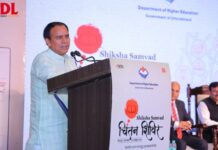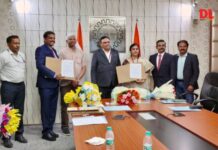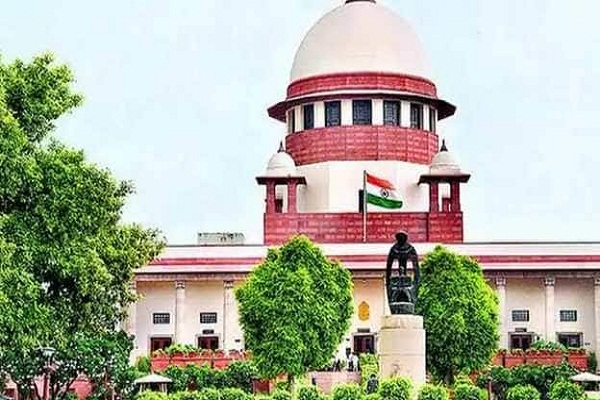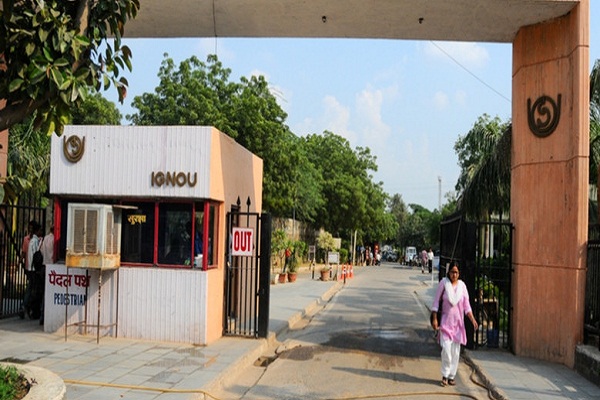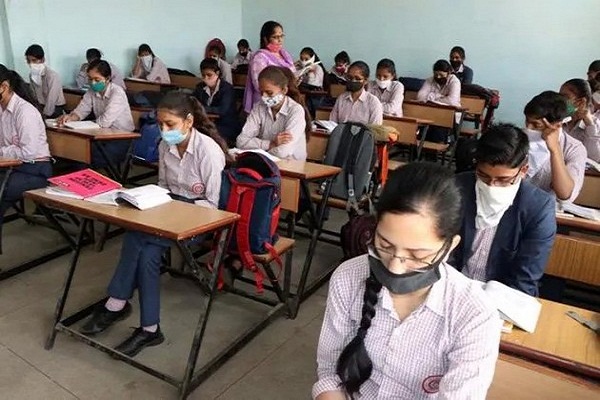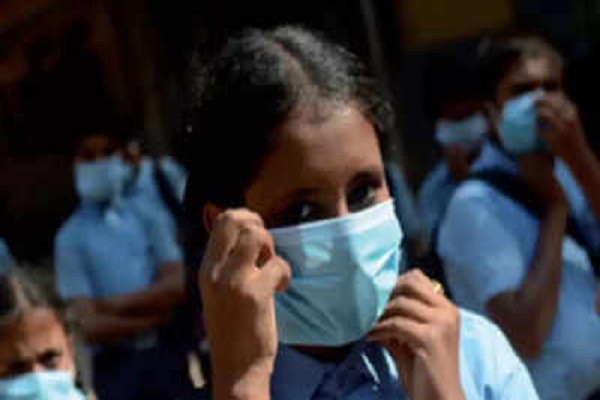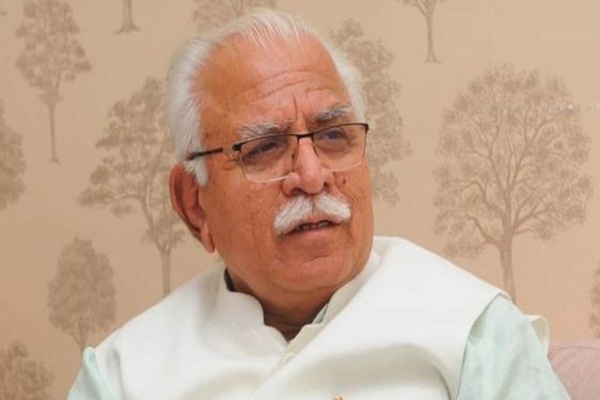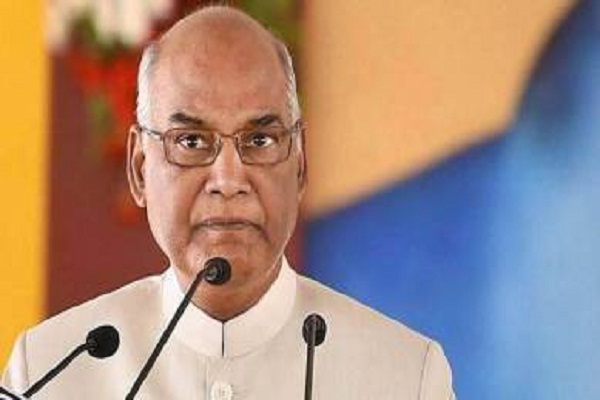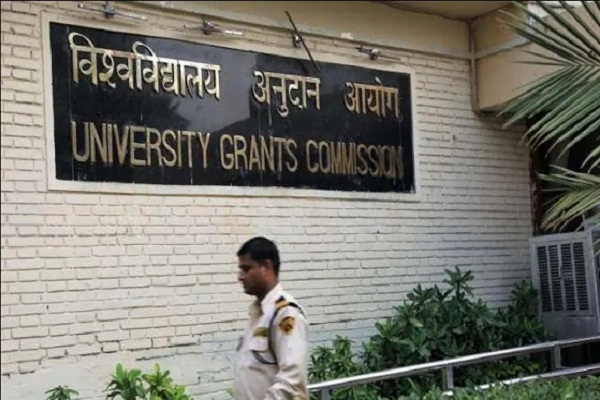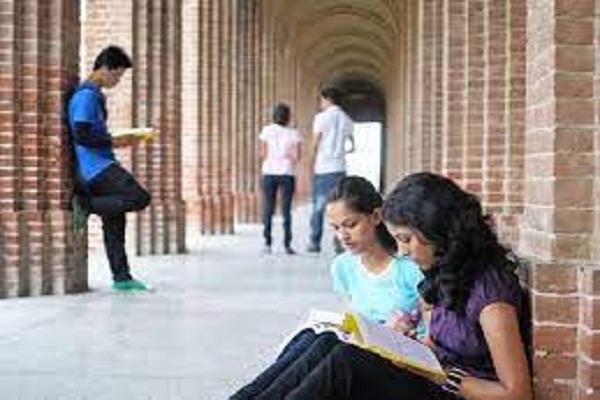Aiming to solve the socio-political instabilities associated with depleting petroleum supplies, the research team of IIT Mandi have used hydrochar obtained from orange peels as a catalyst to transform biomass-derived compounds into biofuel precursors.
The process involved heating dried orange peel powder with citric acid under a pressure hydrothermal reactor for many hours. The hydrochar is then produced and treated with other chemicals to introduce acidic sulfonic, phosphate, and nitrate, functional groups to it.
The findings of the researchers have been published in the journal Green Chemistry. The research was led by Dr. Venkata Krishnan, Associate Professor, School of Basic Sciences, IIT Mandi, and co-authored by his students, Ms. Tripti Chhabra and Ms. Prachi Dwivedi.
Commenting on the research, Dr. Venkata Krishnan stated, “One of the driving interests among the renewable energy community is the development of relatively clean and energy-efficient processes to convert biomass into useful chemicals, including fuel.”
He added, “We were able to synthesise the biofuel precursors under solventless and low-temperature conditions, which decreases the overall cost of the process and also makes it environment-friendly, attractive from an industry point of view.”
Tripti Chhabra said, “We used these three types of catalysts to bring about hydroxyalkylation alkylation (HAA) reactions between 2-methylfuran and furfural, compounds that are derived from lignocellulose, to produce fuel precursors.”

